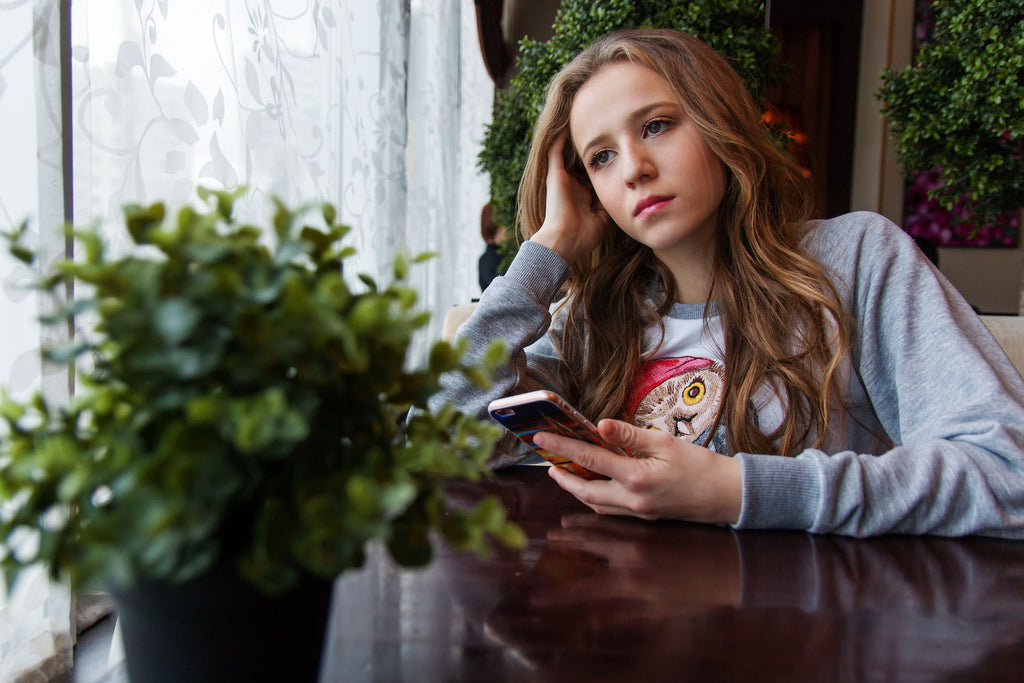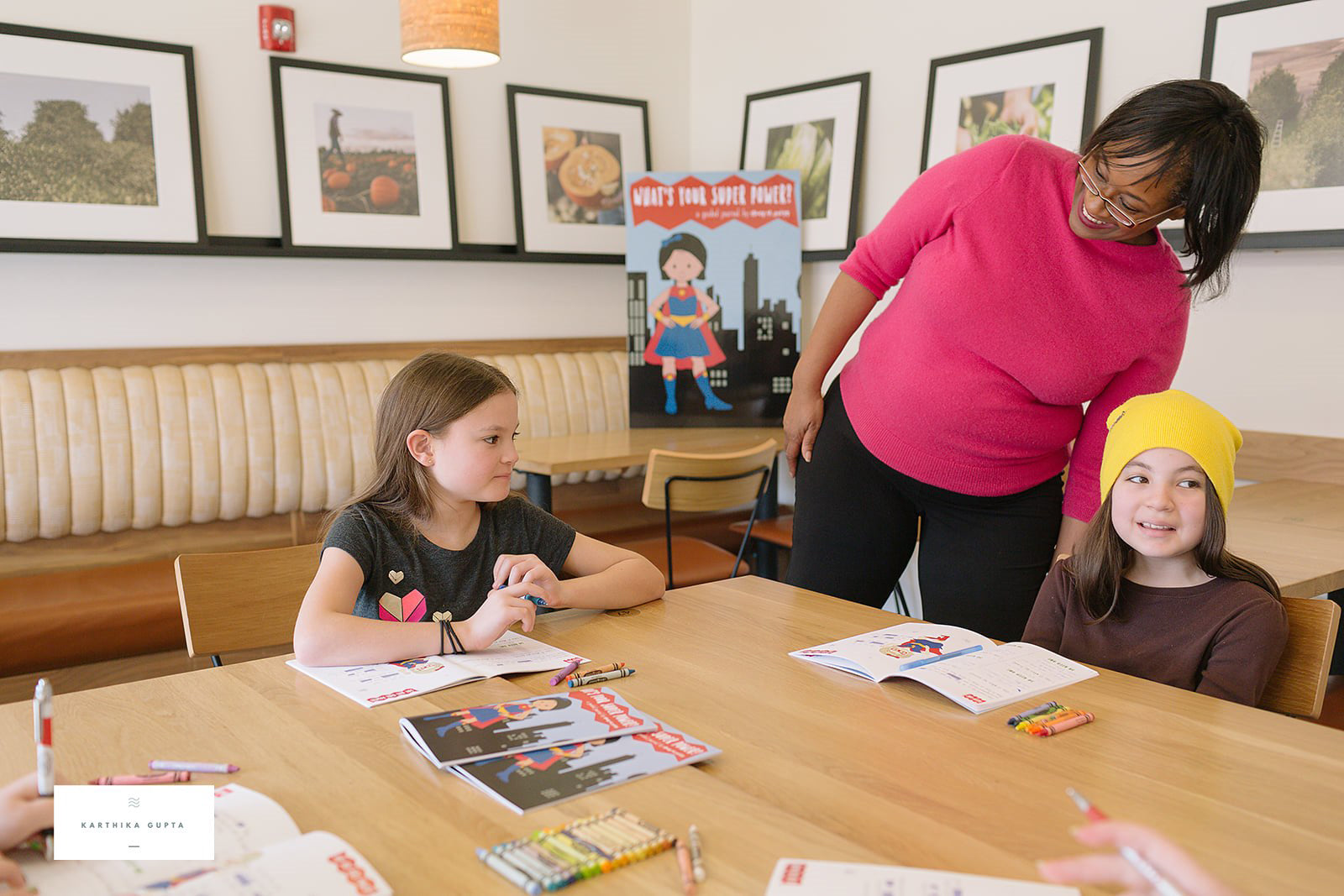
A critical part to teaching kids to set goals and take action to reach them is to prepare them for the possibility that it may not happen. No one wants to fail. Emotions that accompany failure can include frustration, sadness, disappointment, anger, and embarrassment. While those emotions are real and deserve acknowledgement, we can encourage our kids by showing them that there are important positives or “wins” that accompany the pursuit of our dreams, even if the desired outcome does not happen.
In my new guided journal, What Are Your Big Dreams?, I address that issue. Children sometimes do not “go for it” because they think they might not succeed. One of my goals in writing What Are Your Big Dreams? is to help them turn that mindset around and teach them how they can learn from what they perceive as failures.
In What Are Your Big Dreams?, there is a page called, “What If I…Fail?” While that title may sound negative, the page is all about positivity. To help kids prepare for and cope with the inevitability that they will not always reach their goals, here are 3 “wins” to consider.
Learning fills kids’ problem-solving toolboxes
Anytime kids take action to reach a goal, there are things that they learn and skills that they acquire along the way. Regardless of the outcome, they have acquired new tools that they can use in the future. Think about Batman and Robin. They have about 1000 gadgets in their utility belts or in the Bat Cave that they can pull out to defeat a bad guy or help a citizen in distress. The knowledge and skills kids learn during the journey of trying to reach a goal are now a part of their caches of tools. That’s a win!
Reflecting on mistakes can lead to future success
Making mistakes can contribute to falling short of reaching a goal. Mistakes are learning opportunities. However, in order for them to be effective learning opportunities, it is critical that kids reflect upon their mistakes. For example, Paula’s goal was to get an A on her math quiz. Even though she worked hard to prepare for it, she received a C. If Paula shoves the test into her backpack without reviewing her mistakes, it is less likely that she will learn from them. On the other hand, if Paula takes time to reflect—to review her errors and perhaps discuss them with her teacher or parent, it is more likely that she will learn from them and do better on the next test. That’s a winI
Knowing that there will be future opportunities
There are always opportunities. No, they might not be the exact same, but there is always something else—another day, another semester, another game, another meet, another prospect. As an entrepreneur I must make sales calls. If I call someone and the person turns me down, it is not the end of the world. There is always another company that I can call. If a kid does not get that A, if she does not place in a track and field meet, if he does not win an award at the science fair, there will be other opportunities. That’s a win!
**********
What Are Your Big Dreams? provides a balanced approach to goal setting. In addition to providing a space for kids to write down their goals, it also prepares them for the possibility that things may not turn out as planned. If this happens, of course the child may be frustrated, sad, disappointed, angry, or embarrassed. However, with the proper mindset, the kid may find the “wins” and move forward with a new resolve.
by Stacey Montgomery,
Founder of Stacey M Design and the My Super Powers! Series
©2019. Stacey Montgomery. All rights reserved.




Hmm. I’m thinking, as an adult, I would definitely benefit from sitting down and working through this journal myself!
Leave a Comment